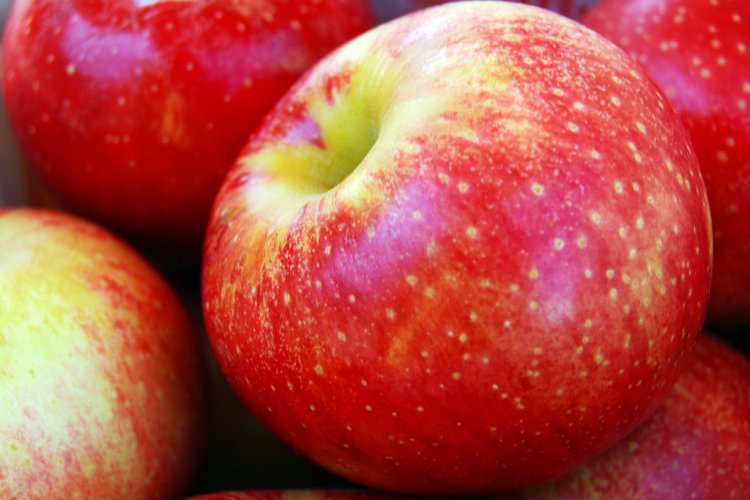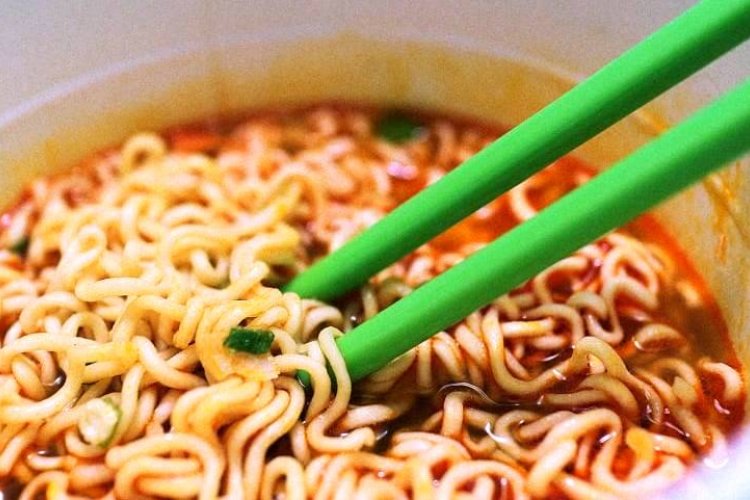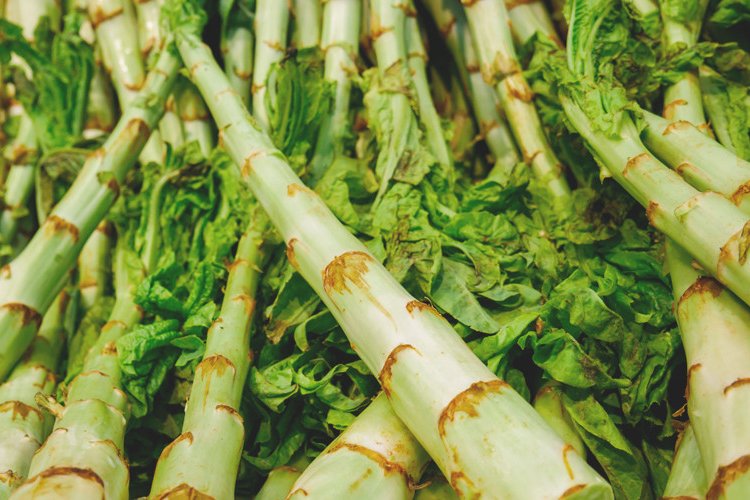Wokipedia: Four Chinese Food Words That Start With S
“Wokipedia” is a regular magazine column in which we introduce aspects of Chinese gastronomy, one letter at a time.
...si 丝: This word, or character, can be traced back to early oracle bone inscriptions and means silk or thread. In the kitchen, this translates to thinly chopped strips of anything from vegetables to meat. Si appears in all kinds of dishes, from salads to soups and stir-fries. The most ubiquitous dish is likely tudou si, or julienned potatoes. This dish has many incarnations, including culiu, or dressed in a sweet and sour vinegar dressing and jiaoyan tudousi, a mountain of deep fried potato shreds covered in pepper and salt.
...su zha 酥炸: Crispy, soft deep-fried goodness – that’s all this word implies. This frying technique results in some of the tastiest, and not the least artery-clogging treats on the Chinese table. Suzha ya (crispy soft-fried duck) or suzhaji (crispy soft-fried chicken) are delicacies served around the country. The process involves chopping up the bird, marinating to taste in sugar and spices, steaming to tenderize the meat and deep-frying to crisp up the skin. The result is a tongue-tantalizing adventure – crisp on the outside and soft on the inside.
...suantai 蒜薹: Recently trendy in farmers’ markets in the West, this is old news to China. Also known in the south as suanxin, the garlic scape has been used in Chinese cooking since garlic’s first arrival in western China in the first century. Chopped and stir-fried with streaky pork or eggs, its texture is surprisingly crunchy with a slightly bitter flavor, and the long tasty greens are chock full of nutrients, including vitamins A, C and E, protein and carbohydrates.
...shaokao 烧烤: This is a worldwide cooking phenomenon that dates back probably to our primal days when we lived in caves and made fire with stones. That’s right: fire. The most exciting way to cook is over an open flame and shaokao means just that. We’re talking everyone’s street-side barbecue favorites like greasy chuanr, or more refined delicacies like fish barbecued in bamboo leaves, and for the more adventurous: roasted silk worms. For grilling aficionados there is one important spin-off of this word that shouldn’t be left uneaten: shaokaojiang, or barbecue sauce.
A version of this article appears in the January 2014 issue of the Beijinger






